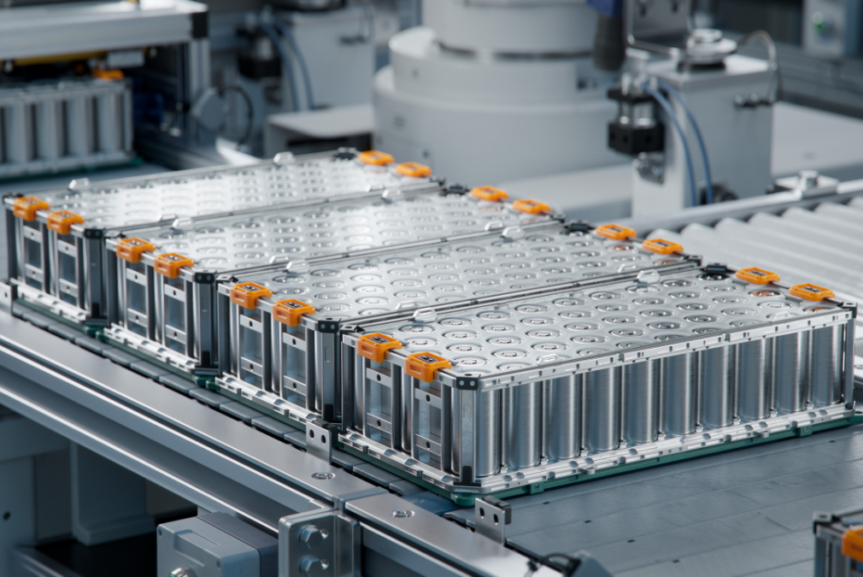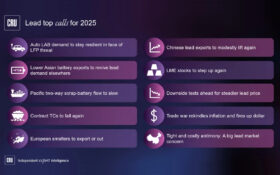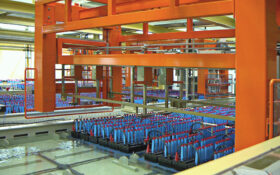The International Lead Association (ILA) has published a paper which reaffirms what the industry already knows— lead-acid’s environmental credentials are far better than other chemistries.
The peer-reviewed paper, Lead industry life cycle studies, used the life cycle assessment methodology (LCA) to investigate the environmental impact of lead-based batteries and architectural lead sheet for construction.
The findings were published in the International Journal of Life Cycle Assessment.
Steve Binks, ILA’s Regulatory Affairs Director, said the paper demonstrated high recycling rates, and the use of recycled material in lead-based battery and architectural lead sheet lowered the overall environmental impact of those products.
Earlier this year Advanced Lead Acid Battery Consortium (ALABC), a ILA collaborator, announced it was aiming for a 15-20% reduction in CO2 emission with its current mild-hybrid vehicle projects with Ford and Hyundai/Kai.
Back in 2014, three studies commissioned by ILA researched the environmental impact of lead-acid based batteries and architectural lead sheet












